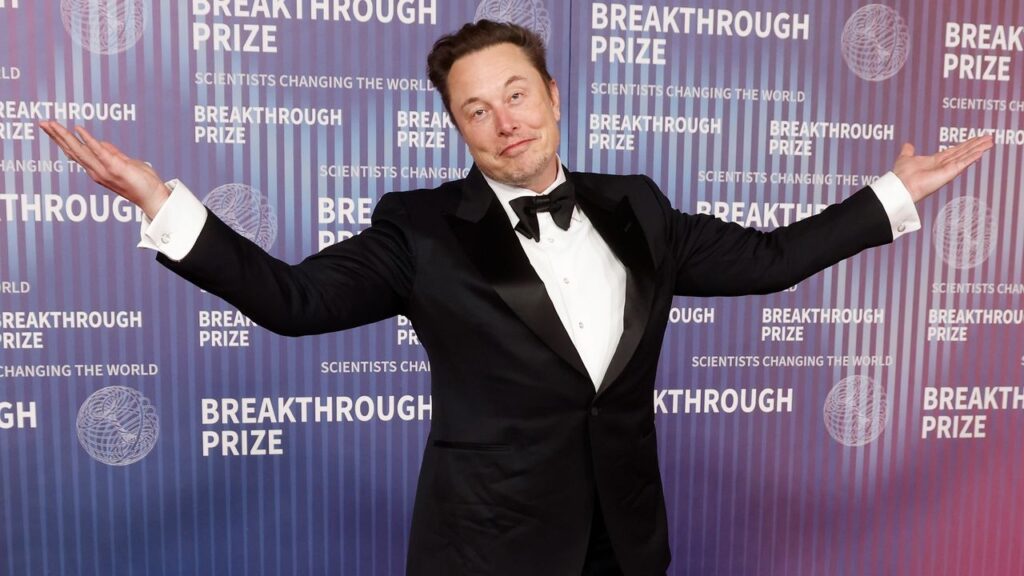Tesla CEO Elon Musk seems to have been thinking of new and interesting ways to use its products, as the tech billionaire used the Q&A section of the company’s recent earnings call to posit the idea of using 100 million Tesla vehicles to create a “giant distributed inference fleet.”
Well, it’s nothing if not innovative. The idea seemed to spring out of discussions around the capabilities of the upcoming Tesla AI5 chip, which is said to be up to 40x faster than the current Tesla AI4 chip fitted to many of its cars (via Tom’s Hardware). Musk openly wondered if the upcoming chip “might almost be too much intelligence for a car”, which led to his pitching of a concept he seems to have been rolling around for a while:
“One of the things I thought,” said Musk, “If we’ve got all of these cars that maybe are bored… we could actually have a giant distributed inference fleet… if they’re not actively driving”
“At some point, if you’ve got 100 million cars in the fleet… and let’s say they had, at the point, a kilowatt of inference capability… that’s 100 gigawatts of inference distributed with cooling and power conversion taken care of. So, that seems like a pretty significant asset.”
On the surface, it doesn’t seem like such a bad idea. After all, the processing power on offer from a modern car, particularly one fitted with a cutting-edge chip at its heart, is likely wasted for the most part—beyond being used for self-driving systems that Tesla still appears to be struggling to get right.

Linking vast numbers of them together, in a similar fashion to say, the distributed computing platforms that are used for SETI@home and others, might well prove to be a good use for their talents. On the other hand, I’m presuming that Musk means privately-owned customer cars linked to a central server by their respective internet connections, not warehouses full of Tesla-owned vehicles humming away powering Grok, or similar.
In which case, I think it’s a fairly tough sell to suggest that private vehicle owners use their own battery power (or wall sockets) to spin up the chips inside their cars for the benefit of… well, presumably Musk’s other projects, like xAI. Never mind the potential shortening of the lifespan of said chips, if they’re frequently crunching away on complicated AI tasks while you’ve gone to lunch.
Perhaps some sort of shared profits scheme? I’m just spitballing, while we’re talking about big ideas. Which, it must be said, appears to be the same thing Musk was doing here.
Still, if we’re going all in on the idea that everything should have a surprisingly powerful chip inside, from smart fridges to AI pillows, perhaps spinning them up en masse for AI-crunching purposes while we still have clean air left to breathe might lead to some net benefit. All that power would definitely be used for solving the world’s greatest problems with the power of AI, right? Answers on the back of a postcard, please.




It’s fascinating to see how Elon Musk continues to innovate and explore new possibilities for Tesla’s technology. The idea of utilizing the processing power of idle cars for AI is certainly intriguing and could open up a range of opportunities. Excited to see where this concept goes!
Absolutely! It’s impressive how Musk is always looking to leverage Tesla’s technology beyond just electric vehicles. This AI inference fleet could potentially open up new avenues for AI development, making Tesla a key player in the tech space as well.
Absolutely! Musk’s vision really showcases the potential of integrating AI with existing tech. It’s interesting to think about how this could enhance not only Tesla’s capabilities but also contribute to advancements in various industries, from autonomous driving to smart city solutions.